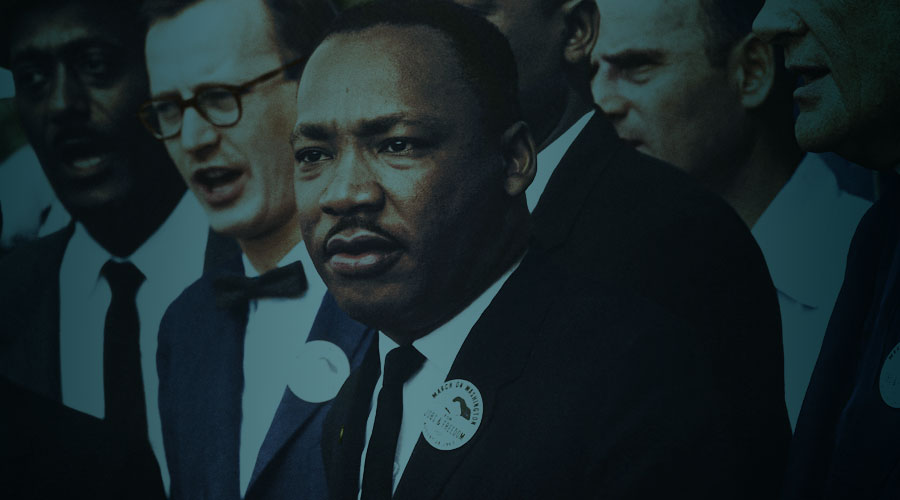As we approach April 4, we honor the legacy of legendary civil rights leader Rev. Dr. Martin Luther King Jr. On this day 53 years ago, Dr. King was fatally shot while standing on the balcony outside his second-story room at the Lorraine Motel in Memphis, Tennessee.
Dr. King was one of the nation’s fiercest advocates for racial and economic justice, inspiring millions to rise up and fight for equality. Starting with the 1955 Montgomery bus boycott, he mobilized thousands in the Albany Movement, the Birmingham campaign, the 1963 March on Washington and the Selma voting rights movement, among countless other events that impacted the nation.
In 2021, as the country reckons with its history of institutionalized racism, it is more important than ever to remember and honor leaders like Dr. King. Across America’s public and private schools, there is a critical lack of education in Black history. Moreover, experts are calling for both more accurate representations of Black historical figures in U.S. history courses and for adding specific classes on Black history into the core K-12 curriculum.
Robert F. Smith’s Work to Preserve the Stories and Artifacts of Black History
To help bring to light Black history in a new format, Black History in Two Minutes was created. The project brought together three leaders in the field: film director Deon Taylor, Harvard professor Henry Louis Gates Jr. and filmmaker and documentarian Dyllan McGee. Together, with executive producer Robert F. Smith, they created the free video podcast, which explains Black history in short, lively, fact-packed stories accessible to people of all ages and education levels. The project describes major historical events and introduces lesser-known experiences involving Black Americans.
In another move to safeguard stories of Black history, Smith has played an instrumental role in preserving Dr. King’s homes. Under Smith’s leadership of the Fund II Foundation, as founding director and President, the National Parks Service will preserve the residences where Dr. King lived.
“I think a big part of [the] mission is to educate the world as to what African Americans have contributed in America and educate Americans as to what our contributions have led to and so many great things that make America the unique place it is on the planet,” Smith said in an interview with CBS News.
The foundation has extended this work, purchasing the homes of other Black historical figures such as Frederick Douglass, Harriet Tubman and Booker T. Washington. In addition, Smith’s $20 million donation to the landmark Smithsonian National Museum of African American History and Culture (NMAAHC) has made him the museum’s largest individual donor.
Smith’s work to preserve the stories and artifacts of activists like Dr. King will be imperative to teach future generations about Black history, Black culture and the ongoing fight for equality.
More information is also available on Smith’s donation for MLK’s birth home, Black History in Two Minutes, and the life, legacy, and assassination of Dr. King.






